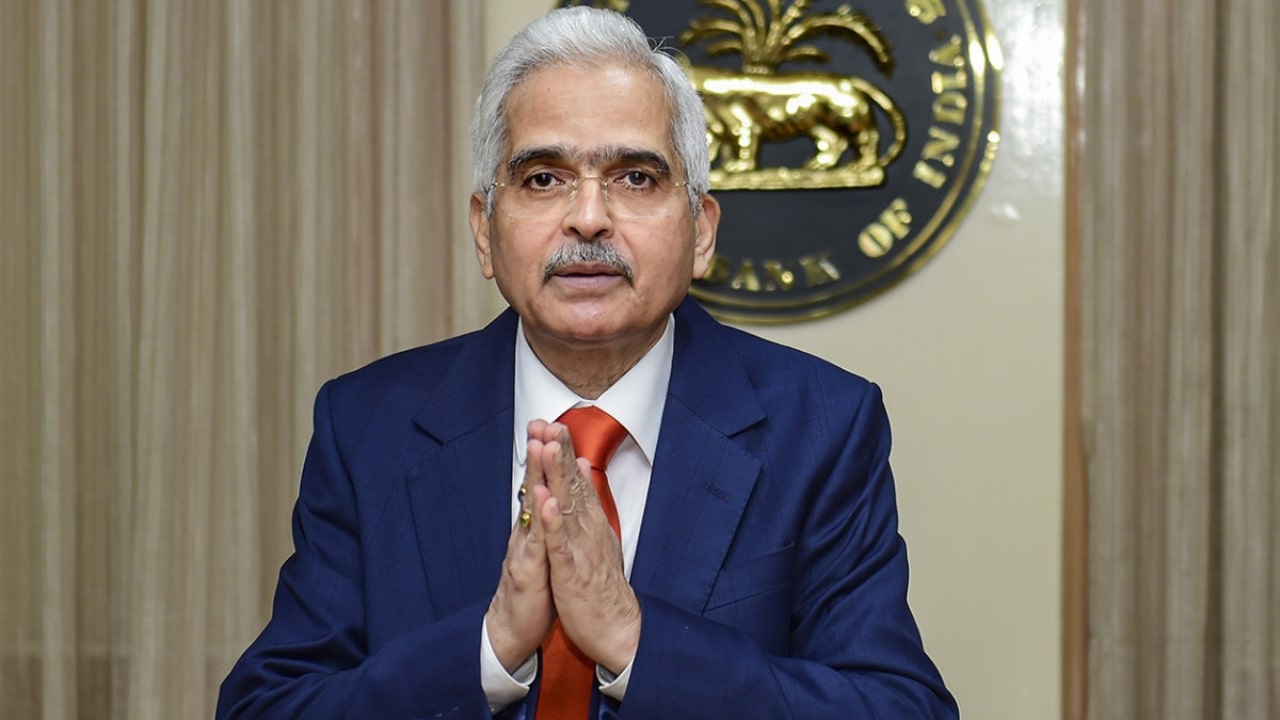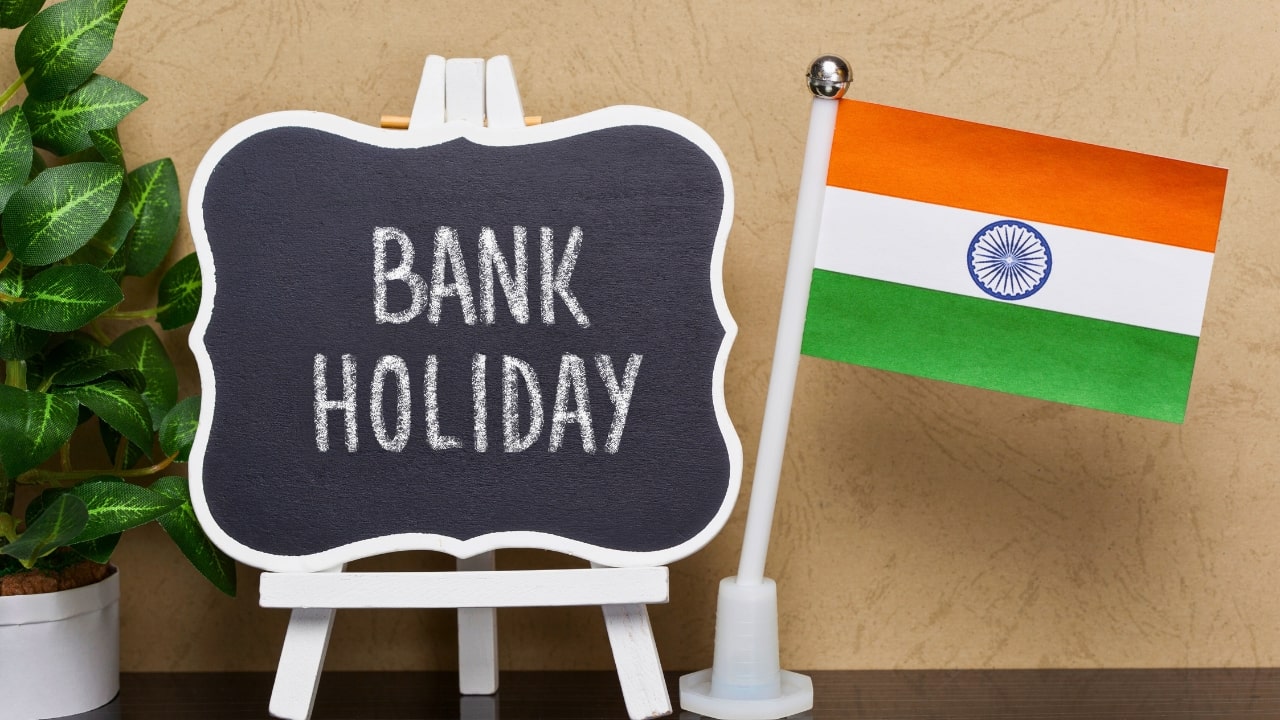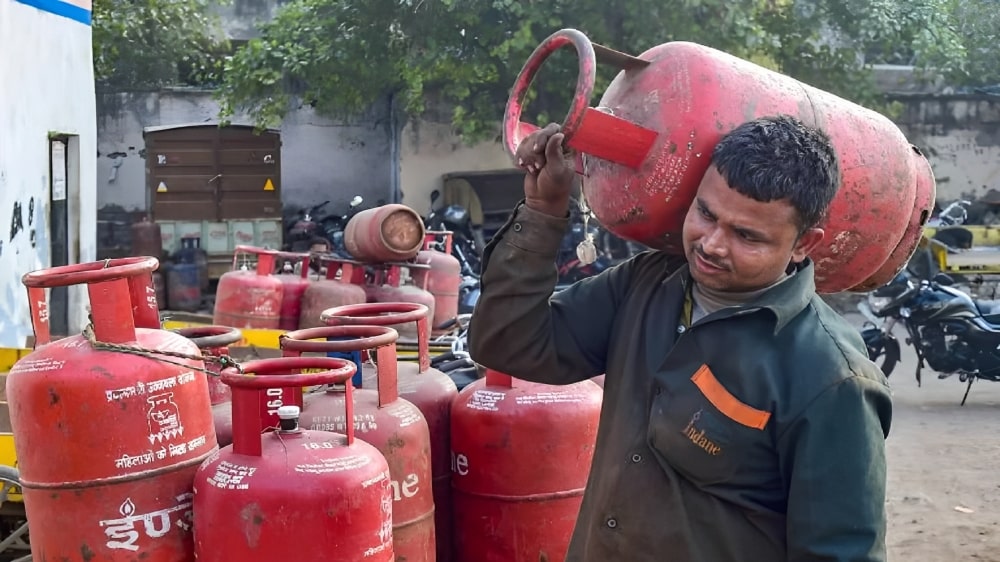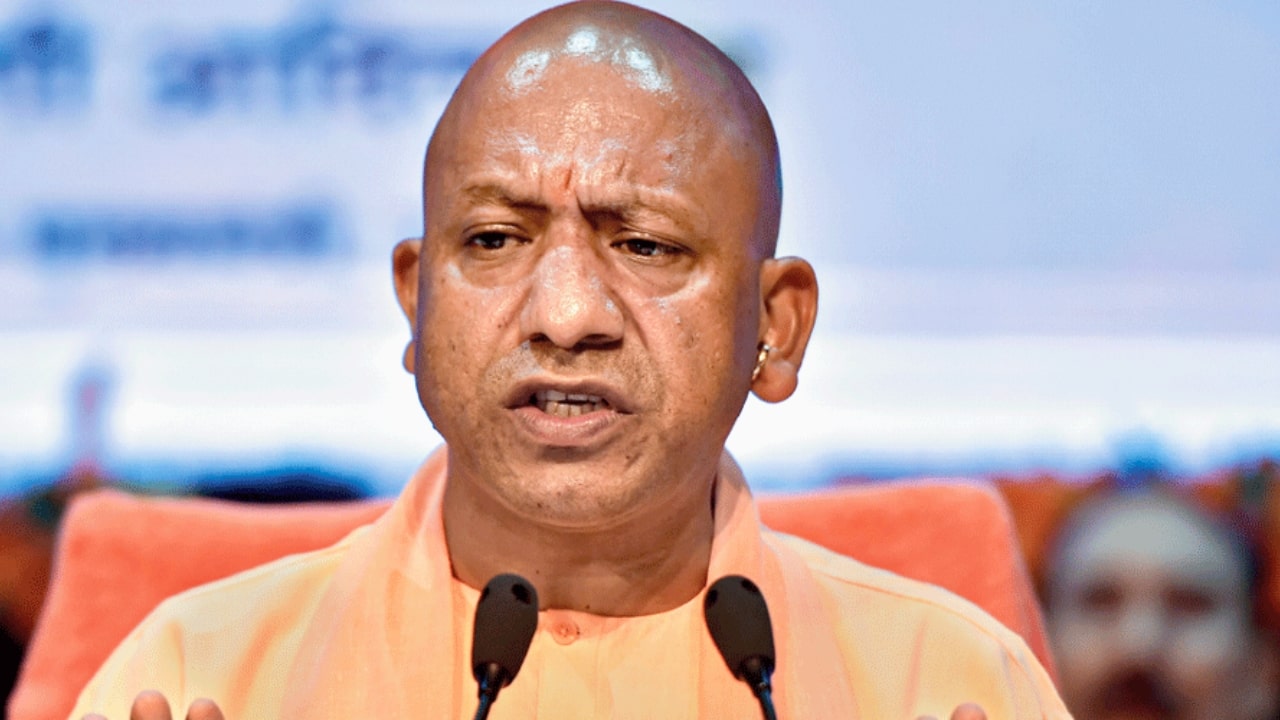Considering inflation, economy and global conditions, the Reserve Bank has again decided to keep the interest rates stable. After the important three-day meeting of the MPC, the Governor of the Reserve Bank said on Friday that it has been decided to maintain the primary policy rate repo rate at 6.50 per cent.
In this way, the sequence of keeping the repo rate stable for the last eight months is also being maintained. RBI Governor said that inflation remains a challenge for the economy.
Inflation Has Forced RBI
After the Corona epidemic, the Reserve Bank continuously reduced the repo rate to support economic growth. The primary policy interest rate was reduced to 4 per cent then. The repo rate remained at 4 per cent for a long time. However, the Reserve Bank was later forced to increase the repo rate after inflation went out of control, and all the central banks, including the US Central Bank Federal Reserve, raised the interest rates.
The Increase Started In May 2022
The Reserve Bank had started this in May last year. Then, in May 2022, there was a need for the Central Bank to call an emergency meeting of the MPC. In that meeting, the Reserve Bank had increased the repo rate in one stroke by 40 basis points, i.e. 0.40 per cent.
After that, the repo rate was increased in 5 consecutive meetings. This process of improving the repo rate continued till February 2023. From May 2022 to February 2023, the Reserve Bank increased the repo rate by 2.50 per cent.
This Is The Main Policy Interest Rate Right Now
The Monetary Policy Committee of the Reserve Bank meets every two months to decide on interest rates. This is the fourth meeting of the current financial year. This meeting, which lasted for three days, started on Wednesday, October 4.
Earlier, in the MPC meeting held in April, June and August, the Reserve Bank had also decided to keep the interest rates stable. The rate has not been increased since February 2023. Currently, the repo rate of the Reserve Bank is 6.5 per cent.
RBI’s Wait-and-Watch Strategy
The pressure is increasing on the Reserve Bank to reduce the repo rate to support growth. However, the trend of inflation is still not sure. Other global central banks have also not started reducing interest rates yet.
Connection Of Growth and Inflation With Repo Rate
Reducing the repo rate makes all types of loans, including home, personal, and car loans, cheaper. This encourages people to take loans and consume, which increases economic demand and ultimately accelerates economic growth.
However, there is also a danger of an increase in inflation. RBI controls the demand and liquidity by using the repo rates to help control inflation. It is believed that the period of rise in repo rates has peaked. This means that the interest rates may remain stable for some time, or the decline phase may return soon.
Reserve Bank Adopted Liberal Stance
Voice of Banking founder Ashwini Rana welcomed the decision to stabilise the repo rate. He said the Reserve Bank has shown a liberal stance by not increasing the repo rate for the fourth consecutive time. The Central Bank is trying to control inflation. The Central Bank has also taken care of the upcoming festivals in MPC. The Reserve Bank Governor also informed about the excellent condition of the banks and said that India can also become the engine of world growth.










